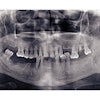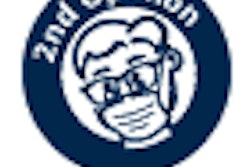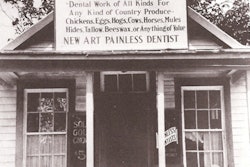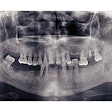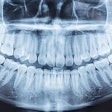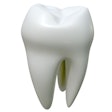Kane Biotech, a biotechnology company engaged in the development of products that prevent and disperse microbial biofilms, as been issued U.S. Patent #7,597,895, "Signal peptides, nucleic acid molecules and methods for treatment of caries," by the US Patent and Trademark Office. This is the third patent to issue protecting Kane Biotech's competence stimulating peptide (CSP) technology. This patent claims a composition such as toothpaste, mouthwash, a food additive, or chewing gum containing Kane's CSP analogue peptide called E2 and an additional analogue and/or a monoclonal antibody, antibiotic, or antioxidant, the company explained in the press release.
This is the third patent to issue protecting Kane Biotech's competence stimulating peptide (CSP) technology. This patent claims a composition such as toothpaste, mouthwash, a food additive, or chewing gum containing Kane's CSP analogue peptide called E2 and an additional analogue and/or a monoclonal antibody, antibiotic, or antioxidant, the company explained in the press release.
The two previously issued U.S. patents (#6,923,962 and #7,556,807) claim isolated as well as synthetic CSP, and a method of preventing and treating dental plaque associated conditions such as dental cavities and periodontal disease using analogues of CSP in oral care formulations. Dennis Cvitkovitch, B.Sc., M.Sc., Ph.D., of the Dental Research Institute at the University of Toronto, discovered CSP in streptococcus mutans and has demonstrated the ability of CSP analogue peptides to inhibit dental cavities-associated streptococcal biofilm formation, according to the company. "We have demonstrated a significant synergistic inhibitory effect of combining E2 with selected antimicrobials on dental cavities-associated streptococci, including S. mutans," said Sri Madhyastha, vice president of research and chief scientific officer of Kane Biotech, in the release. "This shows that an oral care product containing E2 analogue with either an antibody or antibiotic will be more effective than using the analogue alone in preventing dental cavities."


